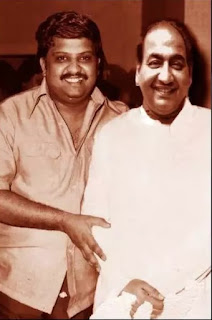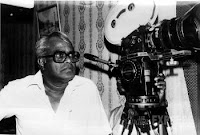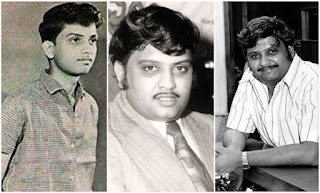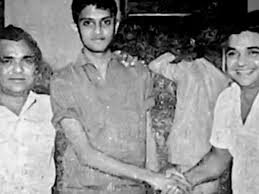PART 9 OF 10: THE INSPIRATION

A film artiste said this about two of his biggest inspirations in acting: "If it had not been for Sivaji Ganesan, I would have never appreciated Marlon Brando". His point was that Ganesan was the medium through which he understood and appreciated the grammar of Brando's craft. It is perhaps the equivalent of people claiming to realize god through their guru. For me, Balu was that "medium", especially to get to Mohammad Rafi. For some reason, I had passionately loathed Rafi. Not because I had listened to him enough and made up my mind, but I had just decided not to like him. In general, I was so singularly focused on being a Balu bigot that I took it as a personal slight if someone so much as mildly admired another singer. I thought they had lost their mind or out to irk me. It was somehow easier liking Kishoreda. I mean, what was not to like: the booming voice, the quirky personality, the comic timing, the yodeling, and of course, his legendary collaboration wi...



